
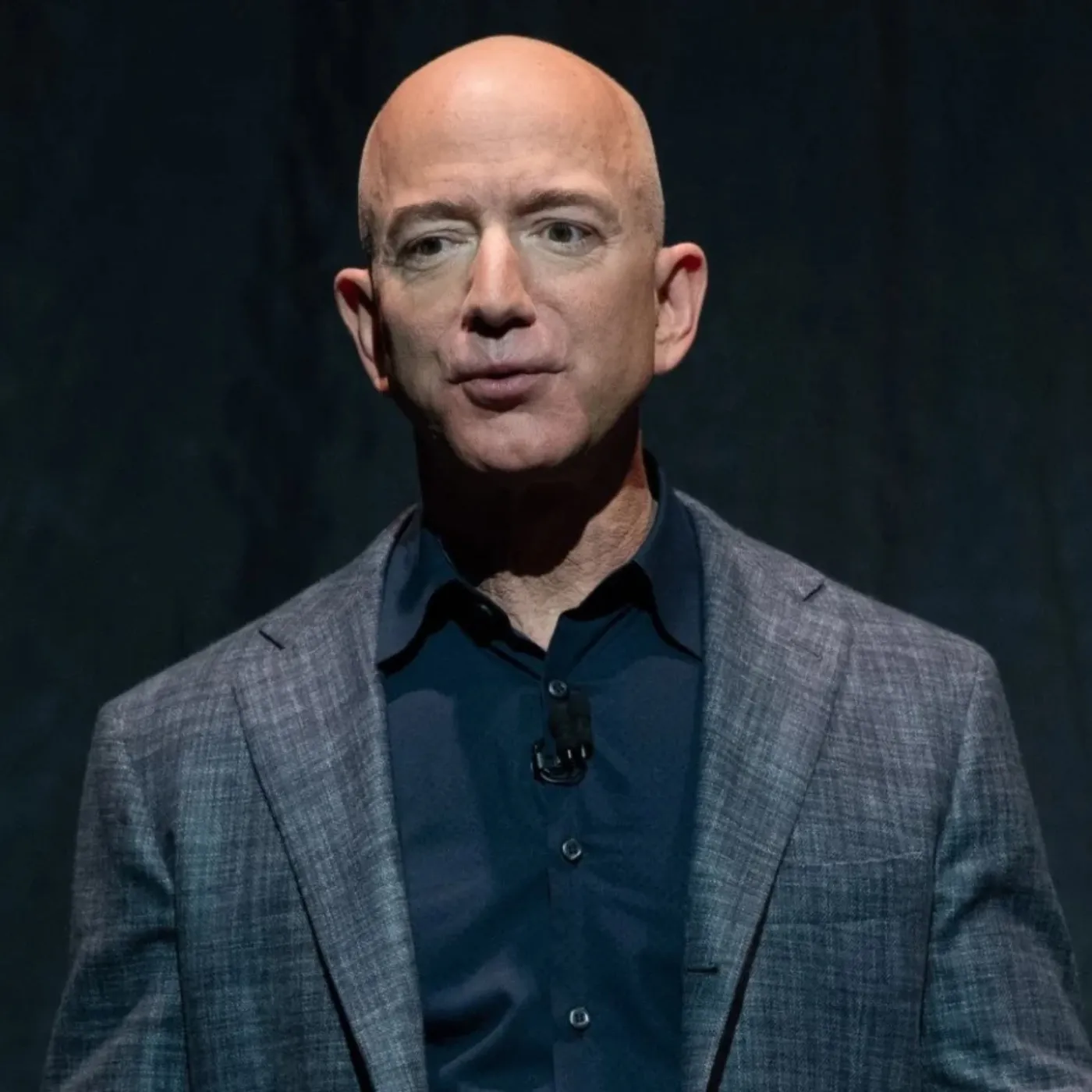
Jeff Bezos’s Marketing Secrets Finally Exposed And It’s Shocking
While most companies were busy promoting their brand values or pushing flashy advertising campaigns, Bezos was quietly building a customer-centric machine so powerful, it made traditional marketing feel obsolete.
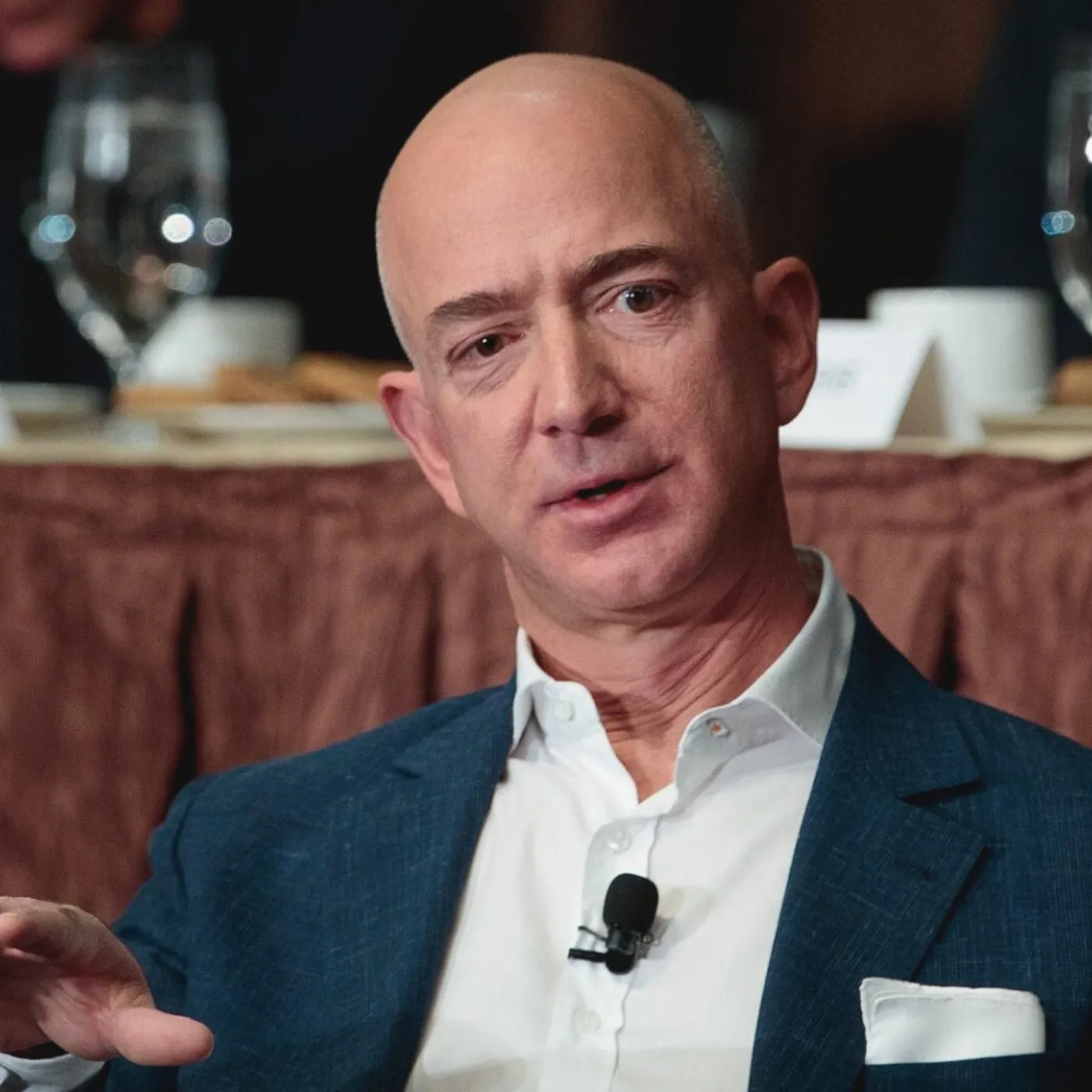
His famous quote — “Start with the customer and work backward” — wasn’t just a feel-good slogan. It was the foundation of Amazon’s entire marketing philosophy.
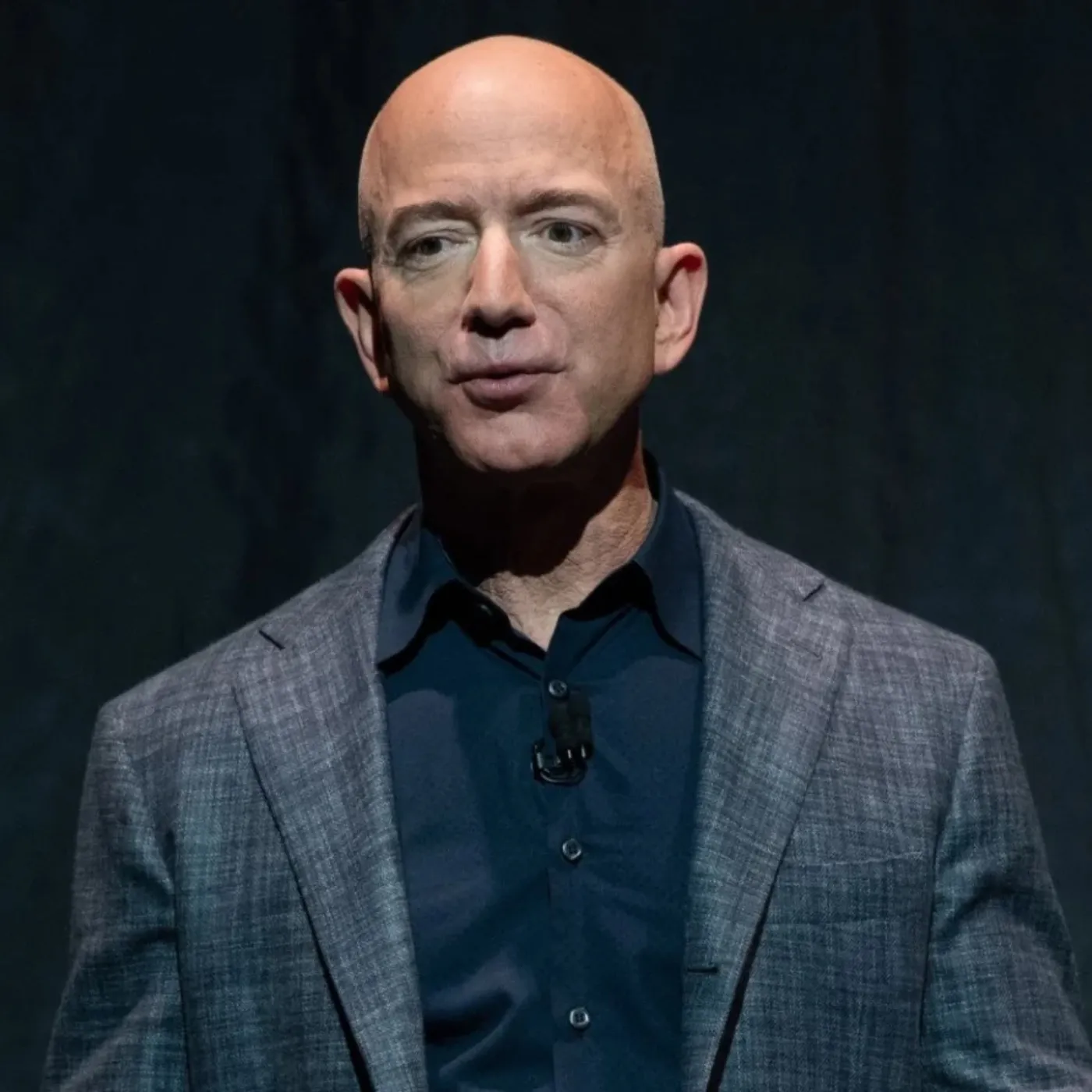
Every product launch, every Prime perk, and every website tweak was engineered to keep the customer addicted to convenience. Bezos wasn’t selling books. He was selling time. He was selling peace of mind. He was selling the feeling that Amazon already knew what you wanted — and had it at your door before you even asked.
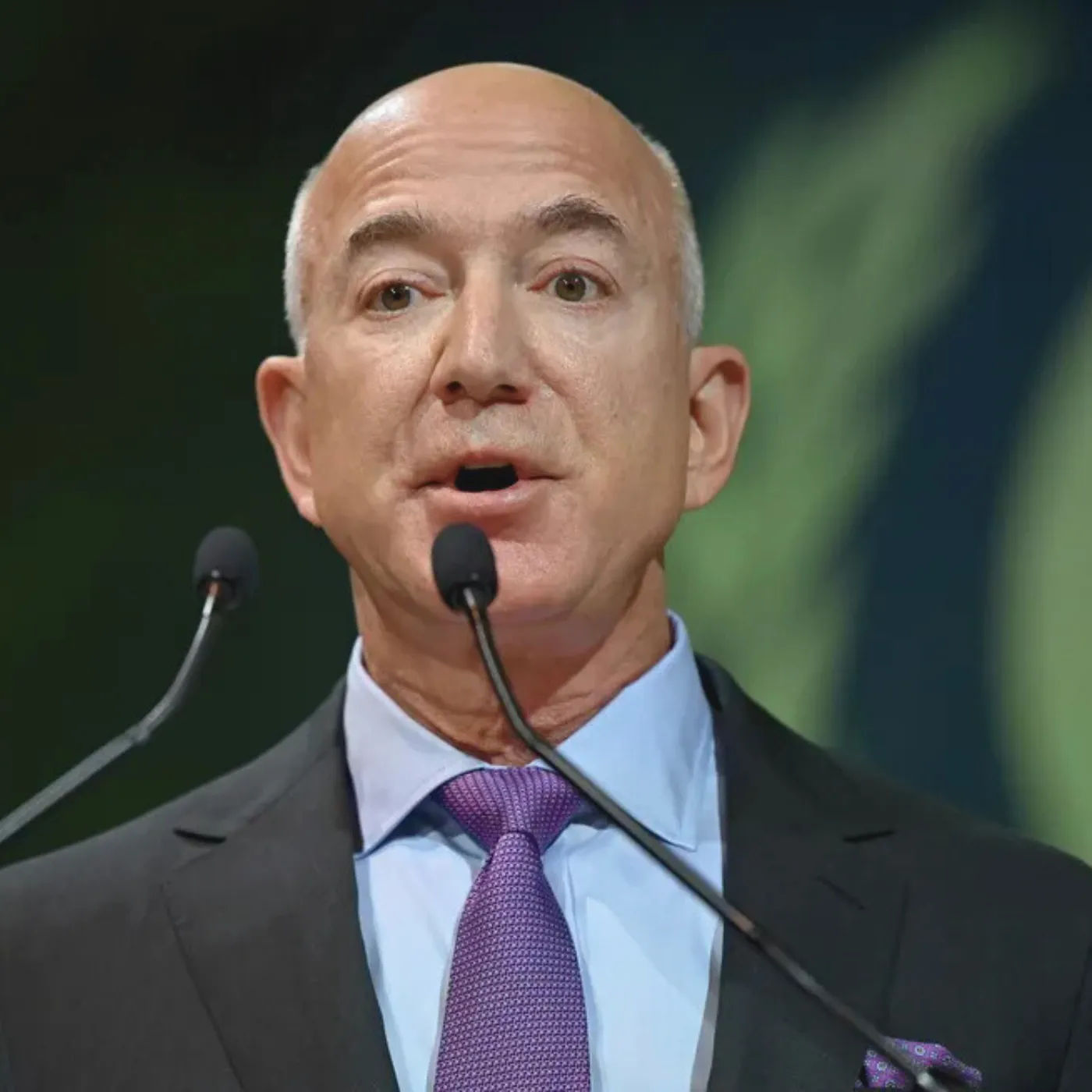
The Obsession With Reviews That Changed the Internet
Long before TikTok’s algorithm or YouTube’s recommendation engine, Bezos was building his own empire of influence — one review at a time.
Amazon’s review system became one of the most powerful persuasion tools on the internet. Shoppers started trusting user reviews more than expert opinions. Influencers hadn’t even been coined as a term, yet Amazon had already turned ordinary people into product kings and queens.
But critics allege that this review empire has been infiltrated by fake comments, paid manipulation, and shady seller behavior. In response, Amazon has repeatedly promised to crack down, but the public suspicion remains.
The Silent War with Brands and Sellers
For many small businesses, the dream of selling on Amazon quickly became a nightmare. Bezos’s team is known to monitor the performance of third-party sellers and then create “AmazonBasics” versions of their best-selling products.
This strategy, though legal, has drawn accusations of copycat behavior and unfair competition. In some cases, sellers claim they were removed from search rankings or even kicked off the platform after their product category became profitable — only to see an Amazon-branded competitor take their place weeks later.
The drama here is real. Independent sellers describe Amazon like a digital mafia: offering protection one day, and pulling the rug out the next.
How Bezos Turned Prime Day Into a Global Media Event
Jeff Bezos didn’t just launch a summer sale. He created Prime Day — a media-dominating, deal-slinging, wallet-draining phenomenon that rivals Black Friday and Cyber Monday combined.
Prime Day became a masterclass in scarcity, hype, and exclusivity. The countdowns. The “limited time only” deals. The behind-the-scenes influencer collaborations. It’s not just a sale — it’s a pop culture event. And it’s designed to make you spend.
But behind the glossy banners, Prime Day has sparked serious backlash: employee strikes, environmental concerns, and accusations of driving overconsumption. For Bezos, the formula works. But critics argue that the human and planetary costs are buried beneath the sales charts.
The Myth of the Self-Made Billionaire
Jeff Bezos is often portrayed as the ultimate self-made success. The garage startup story. The relentless work ethic. The bold ideas. All of it is true — to an extent.
But some industry experts argue that Bezos’s rise was also built on aggressive tax strategy, government contracts, and insider advantage. From early investments to favorable logistics deals, Bezos didn’t climb the ladder — he built a new one and pulled it up behind him.
This narrative fuels online debates, Facebook firestorms, and comment section chaos every time Bezos makes a public appearance. For some, he’s a symbol of innovation. For others, a warning sign of unchecked power.
Marketing Disruption or Market Domination?
It’s a thin line between genius marketing and manipulative market control. And Bezos walks that line with stunning precision.
-
When Amazon lowered prices to levels that killed competition, was it good marketing — or predatory pricing?
-
When Amazon pushed its own products over competitors in search results, was that optimization — or anti-competitive behavior?
-
When Prime members were offered exclusive deals others couldn’t access, was that value — or digital coercion?
These are the questions fueling controversy, triggering viral debates, and keeping Bezos’s name trending across platforms.
The Personality Cult Behind the Strategy
Let’s not forget: Bezos became a household name not just because of Amazon, but because he leaned into his own mythos.
From his famously strict “two-pizza team” rule to his high-profile transformation from tech nerd to sunglasses-wearing space cowboy, Bezos turned himself into a brand — and then made himself inseparable from Amazon’s identity.
Even his personal milestones became marketing moments: his divorce became headline news, his space launch was livestreamed, and his laugh has been meme’d into internet history.
Bezos turned personal narrative into corporate leverage — and made people care about a CEO in a way few ever have.
How Facebook and Google Quietly Amplify the Bezos Machine
Whether you’re shopping on Amazon or not, Bezos’s marketing shadow follows you across the web. Sponsored ads. Retargeting pixels. Google Shopping results. Facebook carousel ads.
Bezos didn’t just build Amazon into a destination — he turned it into a digital gravity well. You search for a product once and suddenly see Amazon ads for days.
Facebook and Google benefit. Amazon benefits. But the consumer loses track of just how much influence Bezos’s algorithms have over their daily choices.
This subtle, sophisticated presence is what makes Bezos’s marketing empire so powerful — and so controversial.
Why People Keep Clicking, Even If They’re Angry
There’s a psychological factor that Bezos’s team has mastered — one that many marketers ignore:
Controversy drives curiosity. And curiosity fuels clicks.
People may complain about Amazon’s dominance. They may rally behind small businesses. They may post long rants about Prime Day. But they still click. They still buy. They still engage.
Bezos’s team knows that being loved isn’t always necessary — being unavoidable is more profitable.
Conclusion: Bezos Rewrote the Rulebook and Left Competitors Scrambling
At the end of the day, Jeff Bezos didn’t just win the marketing game — he changed the rules, moved the goalposts, and built a stadium no one else can afford to enter.
His playbook is filled with strategies that are:
-
Effective
-
Controversial
-
Data-obsessed
-
Customer-centered
-
Emotionally manipulative
-
Imitated by rivals but rarely matched
Whether you admire him or challenge him, one thing is certain: Jeff Bezos has forced the world to rethink what marketing means in the digital age.
He’s not just a businessman. He’s a builder of systems — of marketplaces, mindsets, and mechanisms that work 24/7 to shape what you buy, when you buy, and how you feel while doing it.
So the next time you hit “Add to Cart,” ask yourself: Is this really my decision — or am I just another move in Bezos’s marketing masterplan?









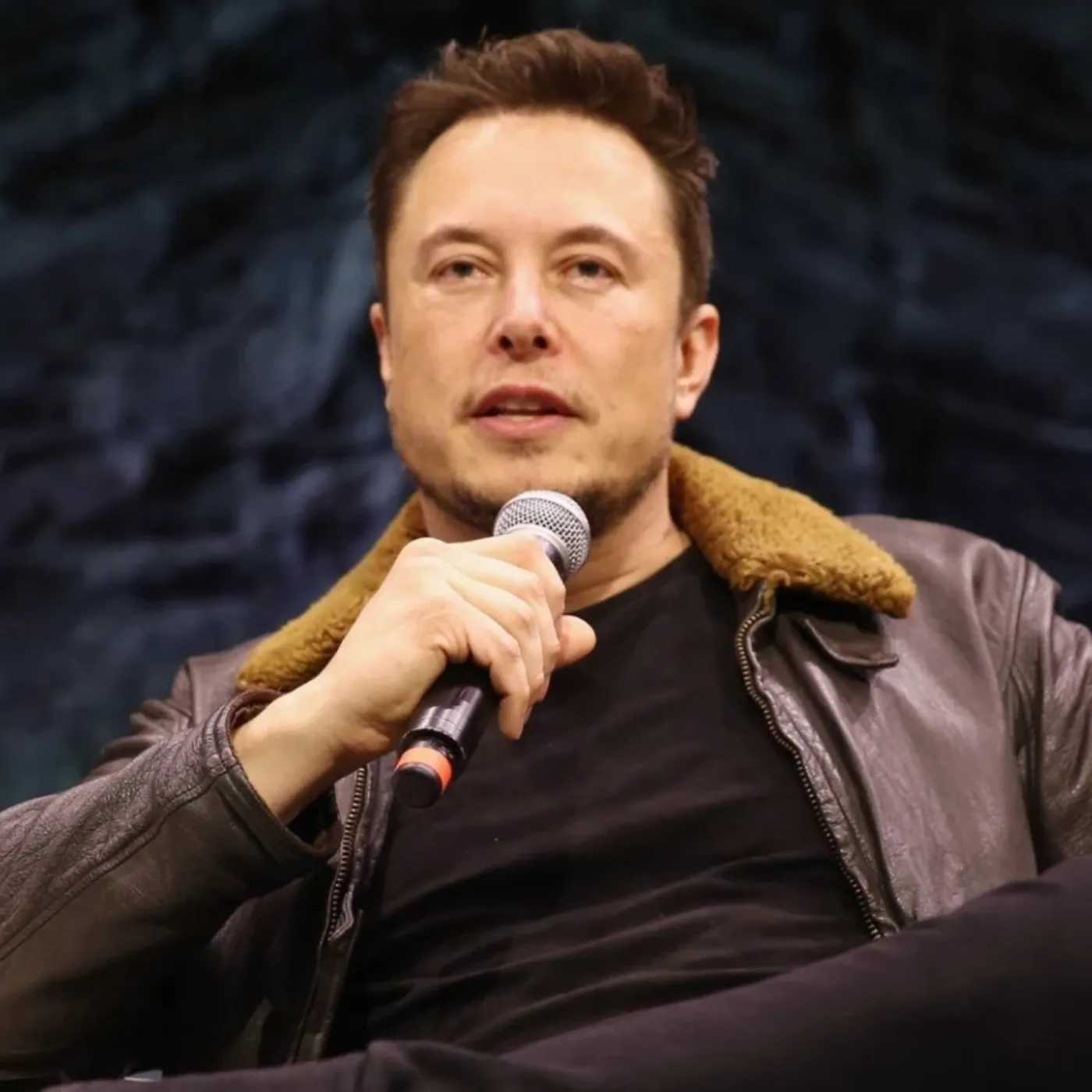
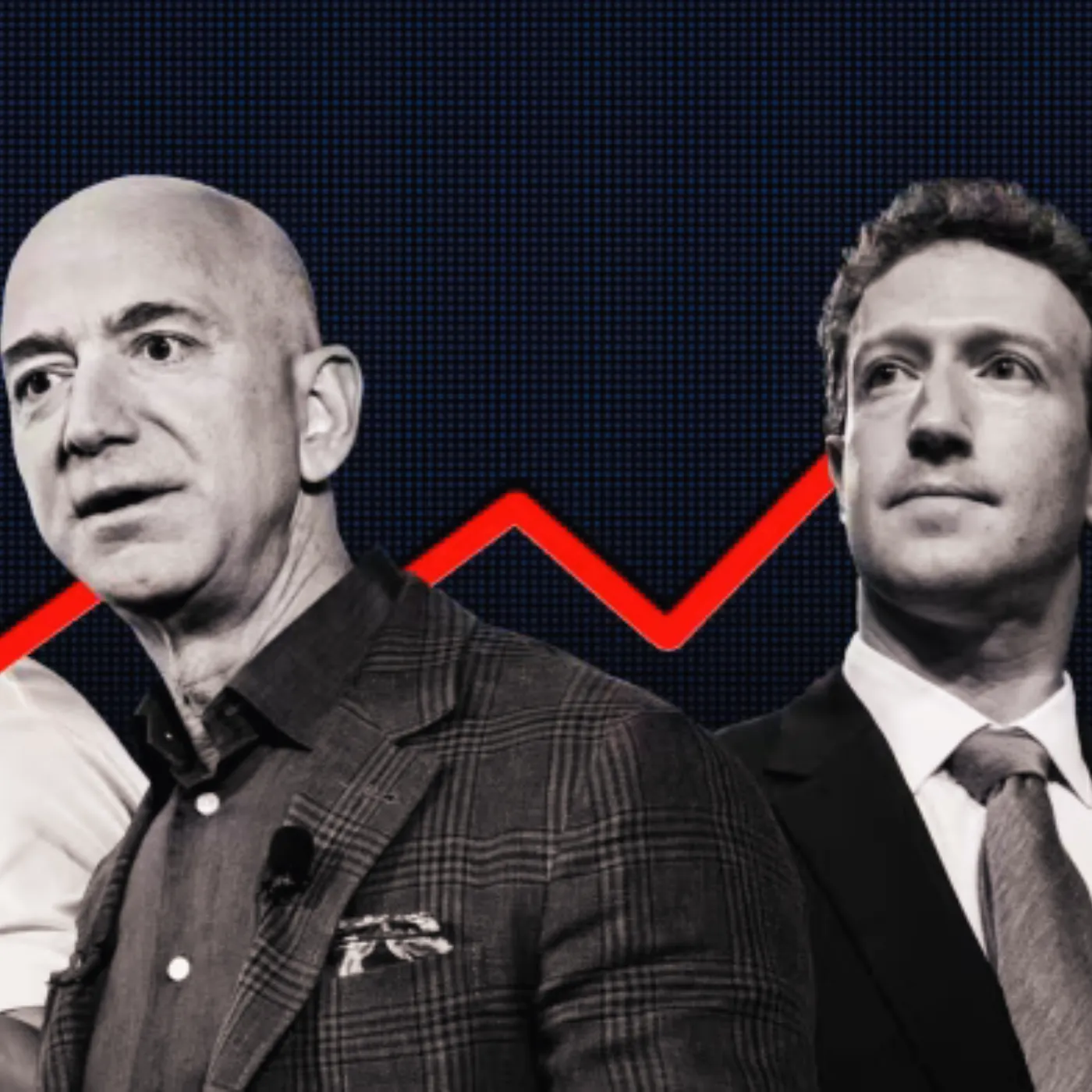








Post Comment